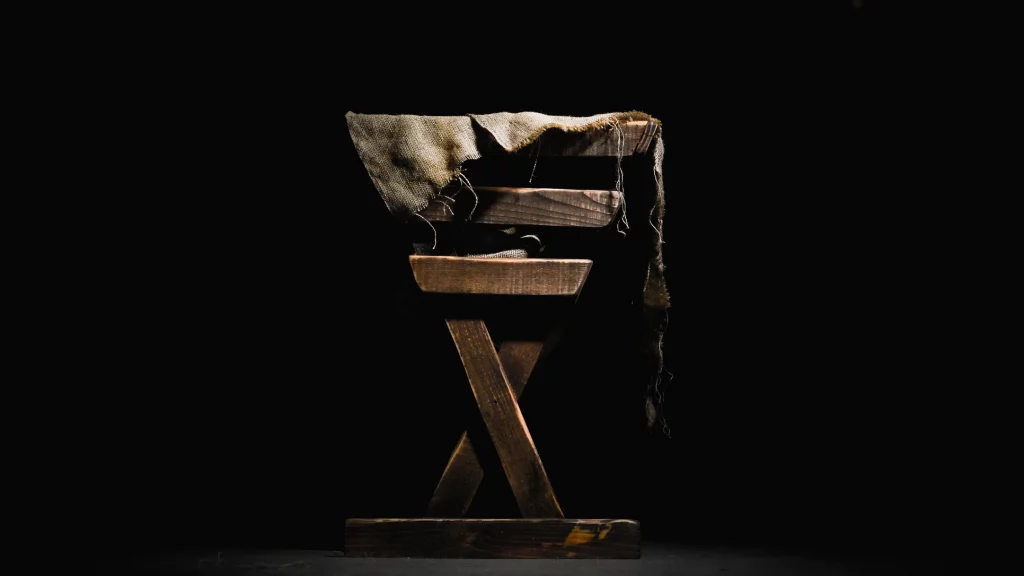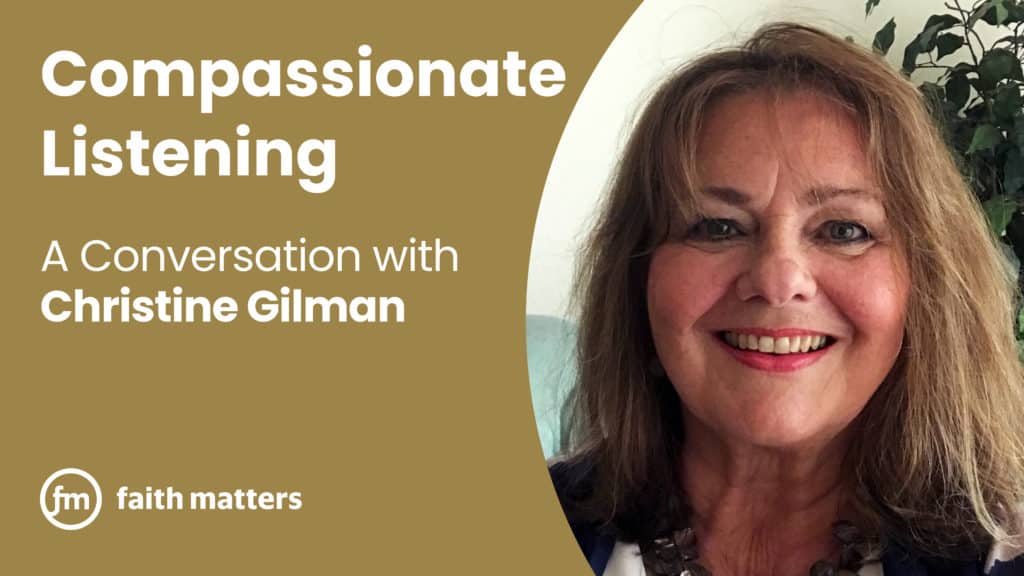
I heard it once said that Mother Teresa experienced several profound spiritual experiences before enduring fifty years of silence when the heavens were sealed to her. How comforting to find such kinship with a holy woman of another tradition. I sometimes wonder where the beaming sense of God I once had has gone.
When I was in kindergarten, I frequently played a game with my best friend where we would sit on the grass out by my mailbox and wonder about God. We pictured him as a giant, maybe a giant with wings and a shining face. I remember telling my friend, “God’s bellybutton is the size of a trashcan.” Until recent years, that God, the one I imagined pushing back plump clouds to reach out and whisper to me, was very present in my life.
On my mission in particular, the skies in Uruguay were more expansive and encompassing than any I had seen before or since. I often felt like a tiny doll in a glass globe. There seemed to be so much space in that sky for God to reach down and talk to me. I felt positive that he led us to certain doors and to talk to specific people on the street. I longed for this thin–veiled relationship in the months and years after my mission, but it slowly faded except for brief lightning-flash moments. The talkative God I seemed to know so well grew quiet in my life, and in the absence I have found an uprising of the godly.
This is not to say I do not believe God is there. I do. As a Mormon, I believe I am a child of heavenly parents. I believe they are kind and concerned and somehow woven into the details and emotions of my life and the world in ways I cannot fully comprehend. I believe there are times they weep for me, both because of our nearness and because of our distance. I believe this because I do the same for my own children. The God of my youth’s understanding, however, with the trashcan belly button, with the direct line from heaven straight to me through the skies of Uruguay, seems quiet. I think in some ways I made my heavenly parents out to be more garish than they ever intended and assumed that they must be ready to offer a spectacular fanfare of answers and miracles always. I think the God I understood in my youth knew just what I needed—I needed that God—and I’m learning to trust that God continues to know so now.
I am no Mother Teresa, but in these past years I still felt rushes of solitude wash over my spirituality—tide in, tide out. At first it alarmed me, and I often felt like I was scrambling to hold fast to the profundity that buoyed me up when I was younger. There were—there still are—many, many times when I am jarred by my smallness and lack of understanding. I sometimes feel like I have lost something and cannot put a finger on where I have left it. I sometimes call out for God as I knew God in my youth, the one who felt less reserved, more quick to offer me answers. I still believe in a God who holds me in a tender hand’s palm, only in different ways than before, surrounded by palpable evidence so close around me.
I created a space in my heart for questions. They are now part of my religious dialogue when for so long I would usher them out the door before allowing them to catch their breath. I felt relief when I spoke to them and bid them welcome. I learned those questions were not so bad after all—they were sincere truth seekers rather than the wily tricksters I had believed them to be. And now there are so many things I have not even thought to ask yet.
For so long, the quick tears I shed when asked to share my testimony of God led me to believe that I understood. It was really all quite simple. I cry far less often now in such moments, and at first I was shaken up to think my heart had turned cold. But my heart is not cold; it is beating warm, wildly. The questions are not always stumbling blocks but often thoughts and ideas for us to acknowledge, to kneel beside and say a prayer right alongside. Doubt too, can be part of a holy experience.
There is a hallowed and well–trodden path between heart and mind that, though complicated, can be the surest track to the ephemeral beauty this world has to offer. Like the evening when Remy and Thea were bathed, pajamaed, and hair combed, wrestling and laughing on my bed. There is no amount of God calling down from the heavens or tapping me on the shoulder that could equal my joy, or school me more effectively in the art of spontaneous love, than in seeing those two babies in their tiny bodies learning what it is to be alive in this world.
How else to explain this quiet God? Part of Carl’s work as a geologist involves the process of dating grains of sand—tiny zircons—to better understand ancient landscapes. After working through hundreds, sometimes thousands, he slowly puts back together a picture and story of how those grains of sand came to be where they are after millions of years, a conglomerate of all their varied and vast histories. Carl can say, for example, “This zircon was once part of a granite that was at the top of a mountain range that has since eroded, redeposited, and later uplifted into a mountain and eroded again, only to be washed down a series of streams, crushed and broken along the way until it finally rested for a moment,” at which point Carl picked it up, worked it over, and dated it in an attempt to unravel its story. And the next zircon may tell a different story entirely. How then, could God simply speak these kinds of miracles to me the way I believed they had been before? Pure awe escapes vocabulary. Perhaps that explains the quiet.
Perhaps this is merely an attempt to comfort myself, to appease the part of me that wants to believe that the silence of God is not punishment or worse. I am still learning to believe that the quietness of God is the substance of trust, that it is part of a season of deep love in which the godly in my daily life usurps the need for God to speak loudly. And that, I can learn to celebrate.
One Hundred Birds Taught Me to Fly is available on Amazon and Audible.



